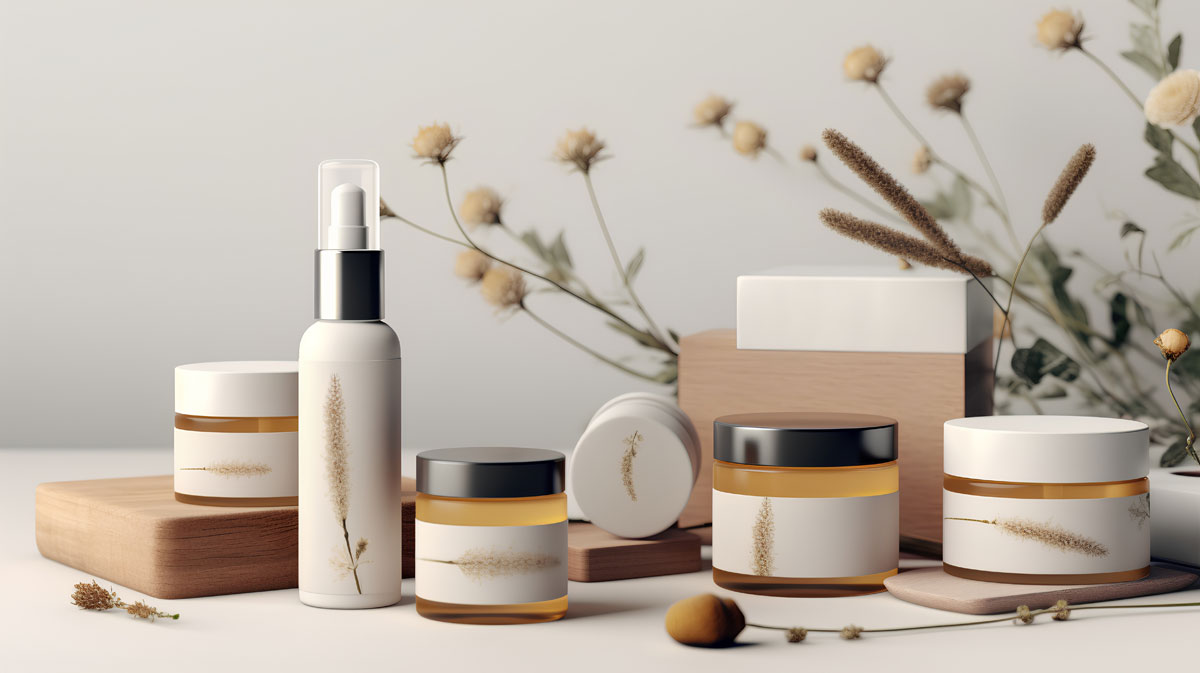The skincare industry is continuously evolving, with new products and ingredients emerging at a rapid pace. Two concepts gaining attention are private label medical grade skin care and the question of whether or not hyaluronic acid should be refrigerated. Both of these topics play significant roles in the effectiveness and usability of skincare products.
What is Private Label Medical Grade Skincare?
Private label medical grade skincare refers to high-quality skincare products that are manufactured by one company and sold under another company’s brand name. Unlike over-the-counter skin products, medical grade skincare is formulated with higher concentrations of active ingredients and is often backed by scientific research. These products are typically distributed through dermatologists, licensed estheticians, and medical spas.
Why Choose Private Label Medical Grade Skincare?
- Higher Potency:
- Medical grade products contain higher concentrations of active ingredients like peptides, vitamins, and antioxidants. This means they can deliver more noticeable results compared to over-the-counter products.
- Clinically Backed:
- These products are often supported by clinical studies and research, ensuring that they are both safe and effective.
- Customization:
- By opting for private label, businesses can tailor products to meet the specific needs of their clientele. This customization can include branding, packaging, and formulation preferences.
- Trust and Credibility:
- Offering medical grade products can enhance a brand’s credibility, as consumers associate these products with professional-grade quality.
- Profit Margin:
- Private labeling allows companies to create unique products without the costs associated with research and development. This can significantly increase profit margins.
Key Considerations
- Regulatory Compliance:
- Ensure that your private label products comply with the regulatory standards of your country. In the U.S., this means adhering to FDA guidelines.
- Quality Control:
- Partner with reputable manufacturers who maintain stringent quality control processes to ensure product safety and consistency.
Should Hyaluronic Acid Be Refrigerated?
Hyaluronic acid has become a staple in many skincare routines due to its ability to retain moisture and plump the skin. However, there is some debate about the best way to store this popular ingredient to maximize its benefits.
Benefits of Refrigerating Hyaluronic Acid
- Extended Shelf Life:
- Cooler temperatures can slow down the degradation of the product, potentially extending its shelf life.
- Enhanced Stability:
- Refrigeration can help maintain the stability of hyaluronic acid, especially if it’s in a formulation that includes other volatile ingredients.
- Increased Cooling Effect:
- Applying a cold product can be soothing to the skin, helping to reduce puffiness and providing a refreshing sensation.
Potential Downsides
- Consistency Changes:
- Some formulations may thicken when refrigerated, which could make them harder to apply.
- Not Always Necessary:
- Many modern formulations are designed to remain stable at room temperature, so refrigeration might not be necessary unless specified by the product manufacturer.
Best Practices for Storage
- Follow Manufacturer Guidelines:
- Always check the product packaging or contact the manufacturer for recommended storage instructions.
- Avoid Direct Sunlight:
- Whether refrigerated or not, keep hyaluronic acid away from direct sunlight to prevent degradation.
- Secure the Lid Tightly:
- Ensure that the bottle or jar is sealed properly to prevent air exposure, which can lead to oxidation.
Conclusion
Both private label medical grade skincare and proper storage of skincare ingredients like hyaluronic acid are essential considerations for achieving optimal results. Private label products offer businesses the opportunity to create exclusive, effective, and profitable skincare solutions, while understanding the best storage practices for ingredients ensures that consumers can enjoy their benefits to the fullest.
Whether you’re a skincare packaging brand looking to expand your offerings or a consumer aiming to refine your skincare routine, staying informed about these topics will help you make more educated decisions. If you’re interested in exploring private label opportunities or have questions about specific products, consulting with skincare professionals can provide personalized guidance tailored to your needs.




